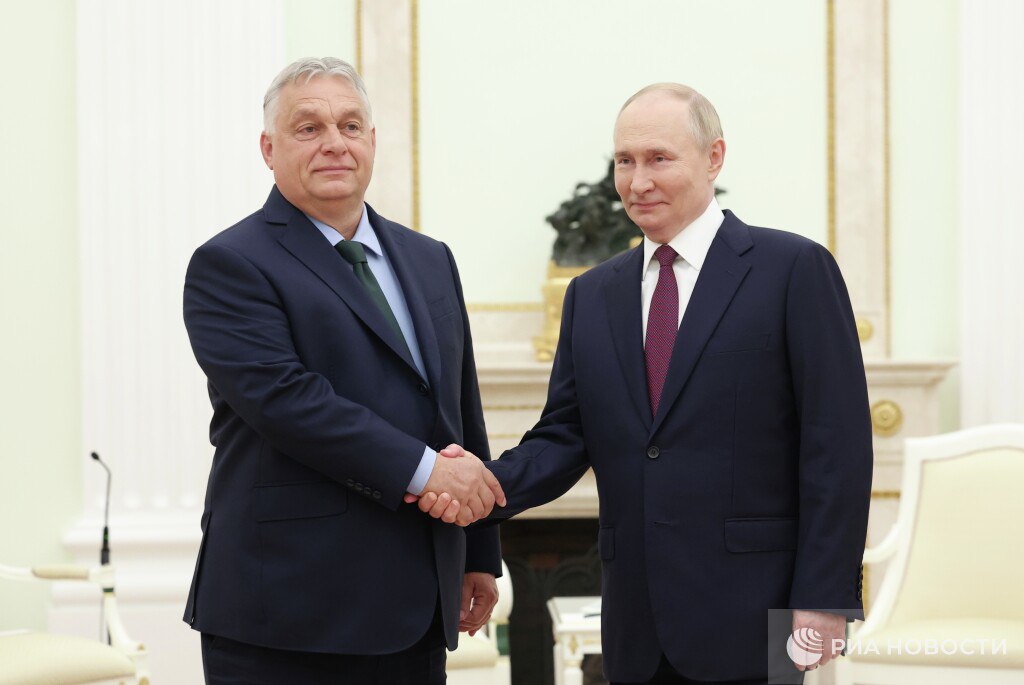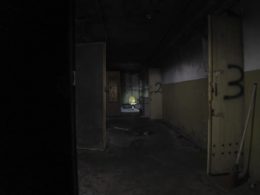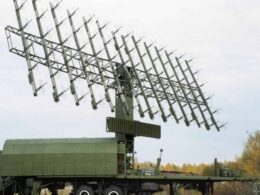Russian President Vladimir Putin and Hungarian Prime Minister Viktor Orban met for three hours in the Kremlin, focusing on peace prospects for Ukraine and stirring debate about EU representation. The talks concluded with a brief press statement without questions.
"Europe needs peace," Orban told journalists, emphasizing the need for "communication channels."
He discussed with Putin “the shortest path to ending the war” and posed three key questions:
- Putin's thoughts on existing peace initiatives.
- His views on ceasefire and peace negotiations, and their potential timing.
- Putin's opinion on post-war European security.
While Orban claimed to have "heard" Putin's answers, he didn't disclose specifics, noting only that Kyiv and Moscow's positions remain "very far apart."
Putin reiterated his condition for peace: the withdrawal of Ukrainian troops from the partially occupied Donetsk, Luhansk, Zaporizhzhia, and Kherson oblasts. This stance, viewed as capitulation by Kyiv, remains a significant obstacle to negotiations.
Putin also accused Ukrainian authorities of prolonging the conflict to maintain martial law, suggesting political motivations behind Kyiv's resistance to peace talks and arguing Zelenskyy would lose an election after the war.
Orban's visit sparked controversy over his representation. Putin welcomed him as both Hungarian PM and EU Council President (a role Hungary assumed on 1 July). However, EU representatives stated Orban represents only Hungary, not Europe, in Moscow.
On 2 July, Orban visited Kyiv without an EU mandate, proposing a ceasefire followed by peace talks. Zelenskyy later told Bloomberg this proposal was unacceptable, citing a lack of trust in Moscow's commitment to any agreements.
Read more:
- Hungarian Prime Minister Orban officially arrives in Moscow
- Ukraine rebukes Orban's Moscow visit: "No agreements without us"
- Orbán meets Zelenskyy in Kyiv while Hungarian FM calls Lavrov
- "No Minsk-3": Stoltenberg rejects further Ukraine land-for-peace deals with Russia





